#koreanfood
Explore tagged Tumblr posts
Text
Korean ramyeon with shrimp
A steaming bowl, spicy and rich in umami, instantly transports me back to my time in South Korea. 🍜🔥 There’s something magical about Korean food—it’s comforting yet bold, simple yet packed with depth. 💬 What’s your favorite Korean dish? 👉 Follow for more food & travel stories!

#south korea#korean food#KoreanFood#Ramyeon#SpicyFood#SeoulEats#FoodLover#FoodPorn#ComfortFood#Seoul#KoreanCulture#AsiaTravel#TravelDiaries#ExploreKorea#FoodieTravel#FoodPhotography#AestheticFood#Foodstagram#Tasty#Delicious#TravelMore#BucketList
11 notes
·
View notes
Text


姉の家に帰る途中、香港飯店0140で夕食。
随分前に新大久保にできてから行ってみようと思っていたけど、今回が初。
香港飯店0410ウジャンサン駅店
서울 강서구 강서로45길 14
https://naver.me/IFFqKfeO
20240615
#food#japan#foodporn#foods#foodgasm#food photography#foodstagram#noodle#ジャジャン麺#タンスユク#koreanfood#korea#韓国#韓国料理
17 notes
·
View notes
Photo

Easy Soondubu Jjigae Recipe (Spicy Korean Soft Tofu Stew)
This Soondubu Jjigae recipe will give you a delicious and easy Korean spicy soft tofu stew made with an anchovy broth. It’s loaded with pork and shrimp for the best kind of comfort food out there! If you’ve always wanted to make a delicious Korean dish, then this is the one you need to try!
23 notes
·
View notes
Text
Korea Army Chef's Galbitang Recipe Revealed

Galbitang, or Korean beef short rib soup, is a dish where the depth of the broth and the tenderness of the ribs come together harmoniously. On the day it was chosen as the menu for the troops, I knew it would be a challenging task requiring patience and precision.
The first hurdle was preparing the ribs. Defrosting and soaking them to remove excess blood seemed straightforward, but the sheer volume for over 50 servings made it a marathon. I placed the ribs into large basins, repeatedly changing the water until it ran clear. Only then were the ribs ready to go into the massive military pots.
The next challenge was making the broth. The pot was filled with water, beef ribs, radish, green onions, garlic, and ginger, then set to boil for hours. Managing the heat was critical—too high, and the broth could become cloudy; too low, and the ribs wouldn’t cook properly. I stood by the pot, carefully skimming off the fat and impurities that rose to the surface to ensure the broth remained clean and flavorful. This repetitive task left my wrist aching but was essential for achieving the perfect broth.
When the ribs had softened to just the right tenderness, I seasoned the broth with salt and soy sauce. This was the most nerve-wracking moment. The balance of flavors had to be just right—neither too salty nor too bland. Finally, I added finely chopped green onions for a fresh finish and let the soup simmer a little longer.
As the galbitang was served in the dining hall, the troops' reactions made all the effort worthwhile. “This broth is incredible!” one soldier exclaimed. “The ribs are so tender,” another added. Their satisfaction was a reminder of why attention to detail matters.
Galbitang is more than just a hearty soup; it’s a dish that embodies dedication and precision. From soaking the ribs to carefully managing the heat, every step required patience and focus. By the end of the day, I realized that making galbitang isn’t just about cooking—it’s about creating a meal that reflects effort, care, and the art of perseverance.
3 notes
·
View notes
Text
youtube
Korean spicy soft tofu stew with seafood (Haemul sundubu-jjigae: 해물 순두부찌개)
Ingredients (for 2 servings)
¼ cup gochugaru (Korean hot pepper flakes)
2 teaspoons toasted sesame oil
¼ teaspoon ground black pepper
1 tablespoon vegetable oil
2 garlic cloves, minced
¼ cup (about 1 ounce) chopped onion
1 large king oyster mushroom (or ½ cup of any mushrooms), chopped
1 large green onion (dae-pa) or 2 green onions, the white part and green part separated and chopped
2½ cups anchovy kelp stock (or vegetable stock, or beef or chicken broth)
2 tablespoons fish sauce (or salt to your taste)
2 tubes soft tofu (or 22 ounces silken tofu)
2 to 3 large deveined shrimp in the shell, rinsed
6 fresh shucked or shucked frozen oysters, rinsed
4 to 6 fresh mussels, cleaned and rinsed
2 eggs
Directions
Combine the hot pepper flakes, sesame oil, and black pepper in a small bowl. Mix well with a spoon until the hot pepper flakes absorb all the oil. Set aside.
Heat the vegetable oil in a large saucepan over medium-high heat. Add the onion, garlic, the chopped white part of the green onion, and mushroom. Stir with a wooden spoon until the onion and garlic are slightly brown and crispy, 2 to 3 minutes. Add the stock. Cover and cook for 5 to 6 minutes, until it’s boiling vigorously.
Add shrimp, oysters, and mussels. Cut the tubes of tofu in half and squeeze them into the boiling stew, and then break up the tofu a bit with a wooden spoon. If using silken tofu, scoop or squeeze from the box into the stew.
Add the fish sauce (or salt to your taste), half of the hot pepper mixture, and stir a few times.
Cover and cook for 5 to 6 minutes, until the seafood is fully cooked and the broth is infused with its savory flavor.
2 ways to serve:
Serve in Korean earthenware bowls:
Ladle the stew into 2 earthenware bowls (2½ cup bowls work best) and place them on the stove top. Heat them up over high heat. Add the leftover seasoning mixture on top of the stew in each bowl.
When the stews starts bubbling, crack the eggs into each bowl. Cook for another minute until vigorously boiling. Remove from the heat and sprinkle the green part of the chopped green onion over top.
Serve right away while it’s bubbling, with rice, kimchi, and more side dishes on the side.
Serve in regular soup bowls:
Add the second half of the seasoning mixture to the boiling stew in the pot and mix it in a bit. Carefully crack the eggs into the bubbling stew, and cook for 1 or 2 minutes until the eggs are slightly (or half) cooked. Remove from the heat.
Gently ladle the stew into two soup bowls without disturbing the eggs. Scoop up each egg and place one in each bowl.
Sprinkle the green part of the chopped green onion over top and serve right away with rice, kimchi, and more side dishes.
#koreanfood#kbbq#kfood#korean#food#foodie#recipe#bts#rm#jin#suga#jhope#v#kimchi#video#jimin#jungkook#in the soop#Youtube
10 notes
·
View notes
Text
마포동 맛있는 곰탕 도화정 - https://koreafood.tistory.com/m/400
2 notes
·
View notes
Text
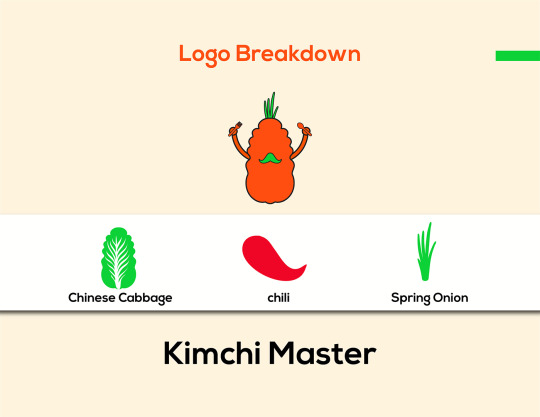








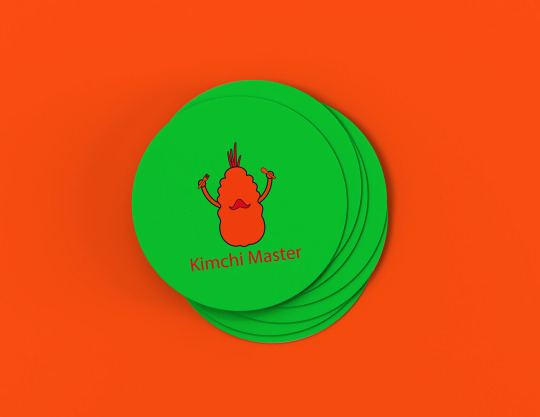
Kimchi Logo Branding Design
► Check Complete Branding Design: https://www.behance.net/gallery/185403679/Kimchi-Logo-Brand-Identity-Restaurant-Visual-Identity
#food#foodie#foodlover#restaurants#kimchi#fastfood#foodtruck#traditionalfood#bbq#cafe#branding#brandidentity#design#logo#logodesigner#graphicdesigner#viralpost#trendingpost#letsgroit#koreanfood#chinesefood
2 notes
·
View notes
Text
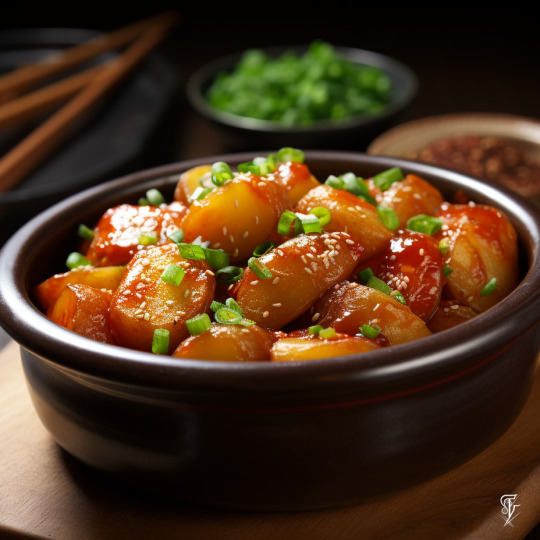
Gamja Jorim - koreanische gekochte Bratkartoffeln !
Rohe Kartoffeln zuerst anbraten, und dann in einer würzigen Soja-Honig-Sauce fertigkochen.
Viel Spaß mit #veda_food !
#foodporn#food#fastfood#gesund#aiart#kartoffel#kartoffeln#braten#backen#grillen#kochen#frittieren#gamjajorim#korea#koreanfood#WorldOfVeda#veda_food
6 notes
·
View notes
Text

久しぶりの韓国帰省での最後の食事は、
仁川国際空港のフードコートのCHIMAC HUNTER。
フライト時間が迫ってるのに、なかなか出来上がらなくてソワソワした!
20240617
#food#japan#foodporn#foods#foodgasm#food photography#foodstagram#airport#korea#koreanfood#フライドチキン#fried chicken#韓国#韓国料理
7 notes
·
View notes
Text
📍 Seoul 서울
#Seoul#서울#fypシ#Gwangalli#Travel#Haeundae#southkorea#Koreanfood#Namsan#Streetfood#koreatravel#SeoulTravel#mustsee#aesthetics#touristattraction#SeoulTrip#KoreaVlog#minivlog#SeoulVlog#korea#Fun#LotteWorldTower#AnimalCafe
6 notes
·
View notes
Link
2 notes
·
View notes
Text
Bulgogi Egg Rolls and New West KnifeWorks Giveaway

Craving some Korean flavors? These mouthwatering Bulgogi Egg Rolls are to die for. Plus, we're teaming up with New West KnifeWorks to give you a chance to win some top-notch knives. Join our giveaway today.
4 notes
·
View notes
Text


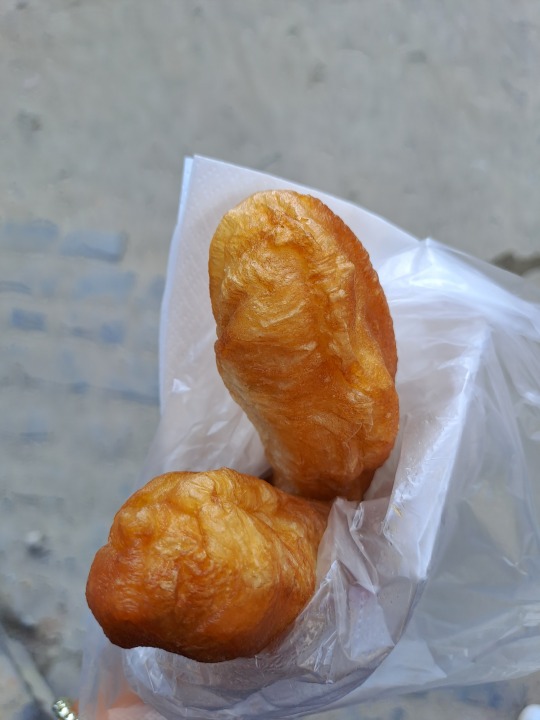



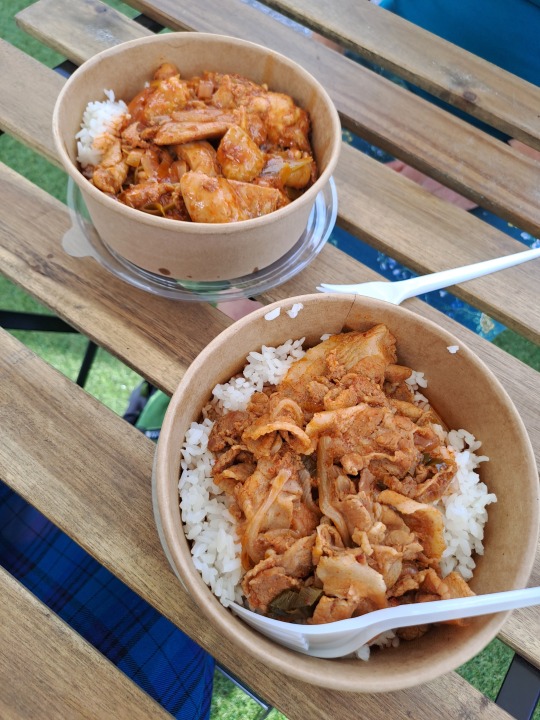
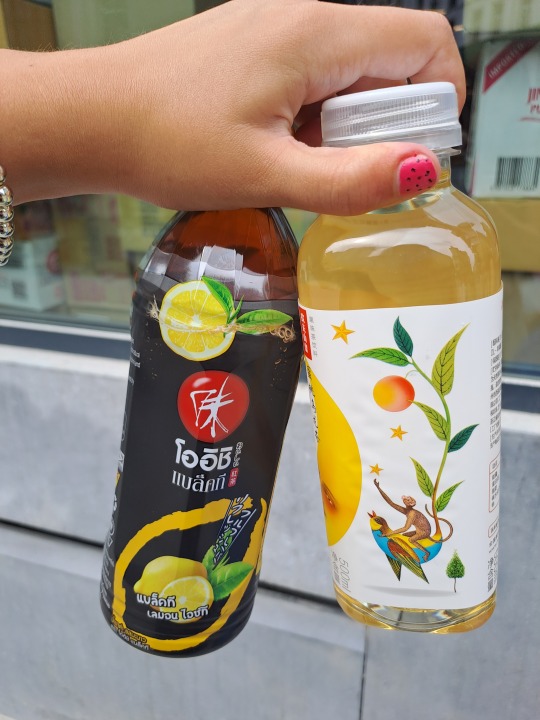




A throwback to the 2023 Hallyu Town in Brussels.


















I also went to Brussels (not once but twice!) to watch the Renée Magritte themed flower installations. They are so beautiful and definitely deserve a visit when you are in Brussels. You can spot them at different places in the center of Brussels.
#hallyutowninbelgium#koreanculture#hallyu#hanbok#esangband#csr#paulkim#onlyoneof#kpop#kpopdance#kpopidol#kbeauty#brussels#koreanfood#koreanfashion#koreanskincare#koreanbeauty#korea#koreanclothes#southkorea#flowers#flower art#flower photography#art#magritte#streetart#nature#plants#travel photography#townscape
3 notes
·
View notes
Text
youtube
Yakgwa recipe (Korean traditional sweets) Honey Biscuits
Ingredients :
Yakgwa coating syrup:
350g rice syrup
70g honey
120ml water
4-5 small pieces of ginger
1 tbsp lemon jam (optional)
Yakgwa dough:
100g sugar
50ml water
25ml yakgwa coating syrup
50ml cooking oil
250g all-purpose flour
1tsp cinnamon powder
#koreanfood#kbbq#kfood#korean#food#foodie#recipe#bts#rm#jin#suga#jhope#v#kimchi#video#jimin#jungkook#in the soop#Youtube
3 notes
·
View notes
Photo

♨️ Hear that sizzle? That's the sound of happiness at Galaxy Hot Pot & Grill! Our All You Can Eat Hot Post and Korean BBQ lets YOU be the chef. Grill premium marinated meats like Bulgogi, Prime Brisket, spicy pork, and more to perfection. Don't forget the side dishes! 😉 🍨 FREE Ice Cream Cup with Dine-in! 🍺 Ice-cold beer on draft! 🚗 Garage parking for 80 cars. 📅 Unfortunately, we are not able to accommodate dining reservations.
0 notes
